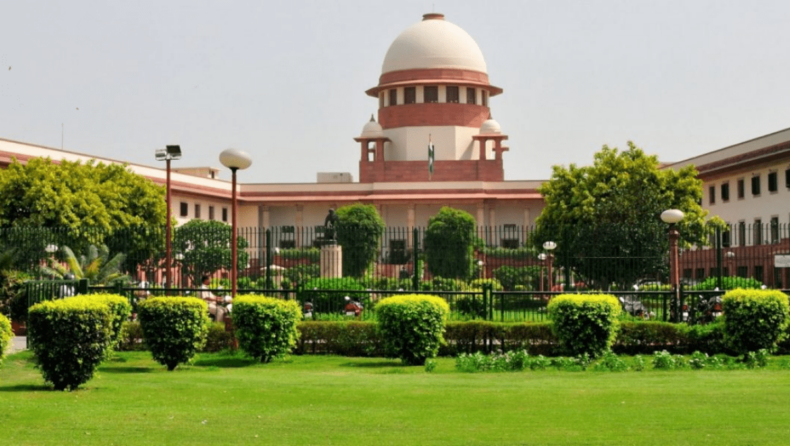The present case (STATE OF MP Vs. RAMJI SHARMA) of the criminal appeal, the appeal was filed against the High Court. Supreme Court restored the order of the Trial Court. Hence, the accused were held liable for the murder under section 302 read with section 34 of the Indian Penal Code.
In its recent judgement Supreme Court observed that when there is a case of common intention and the common intention of all accused is proved that in such case two things will be immaterial and they are:
- Whether any of the accused who shared the common intention used any weapon
Or
- Any of the accused who shared the common intention caused any injury on deceased or not.
Trial courts decision
In the case of State of MP Vs. Ramji Lal Sharma all the accused were held guilty and were punished for the murder under section 302 of the Indian Penal Code read with section 34 (common intention) and were sentenced to undergo life imprisonment.
Appeal against the Trial
Trial Court allowed the three of the accused to file the appeal to the High Court. High Court acquitted the accused because High Court observed that there was some sort of difference that was occurring in the ocular and medical evidence. The accused were given the benefit of the doubt by the High Court.
Appeal by the state
The state filed the appeal to the Supreme Court against the judgement of the High Court. The appeal by the state was allowed by the Supreme Court and the Supreme Court agreed with the conviction given by the trial court.
Sections involved in the case
COMMON INTENTION (SECTION 34): Common Intention has been defined under section 34 of the Indian Penal Code which tells that any act of criminal nature done by several people with the common intention then each of the people will be liable for that particular act in the same manner as if it was done by him alone.
For the presence of the common intention there must be the presence of the criminal act which needs to be done by not only one person but more than one person.
Participation of all the persons should also be there in furtherance of that common intention.
Here, in this case it was specified by the court that if all of the accused did not use the murder weapon or did not cause the injury but they were present there and were sharing the common intention to murder then they will be held liable for the murder.
PUNISHMENT FOR MURDER (SECTION 302): Punishment for the murder which has been decided by the law is either the death or the life imprisonment along with the fine.
Published By : Revathy G Sanal
Edited By : Subbuthai Padma













